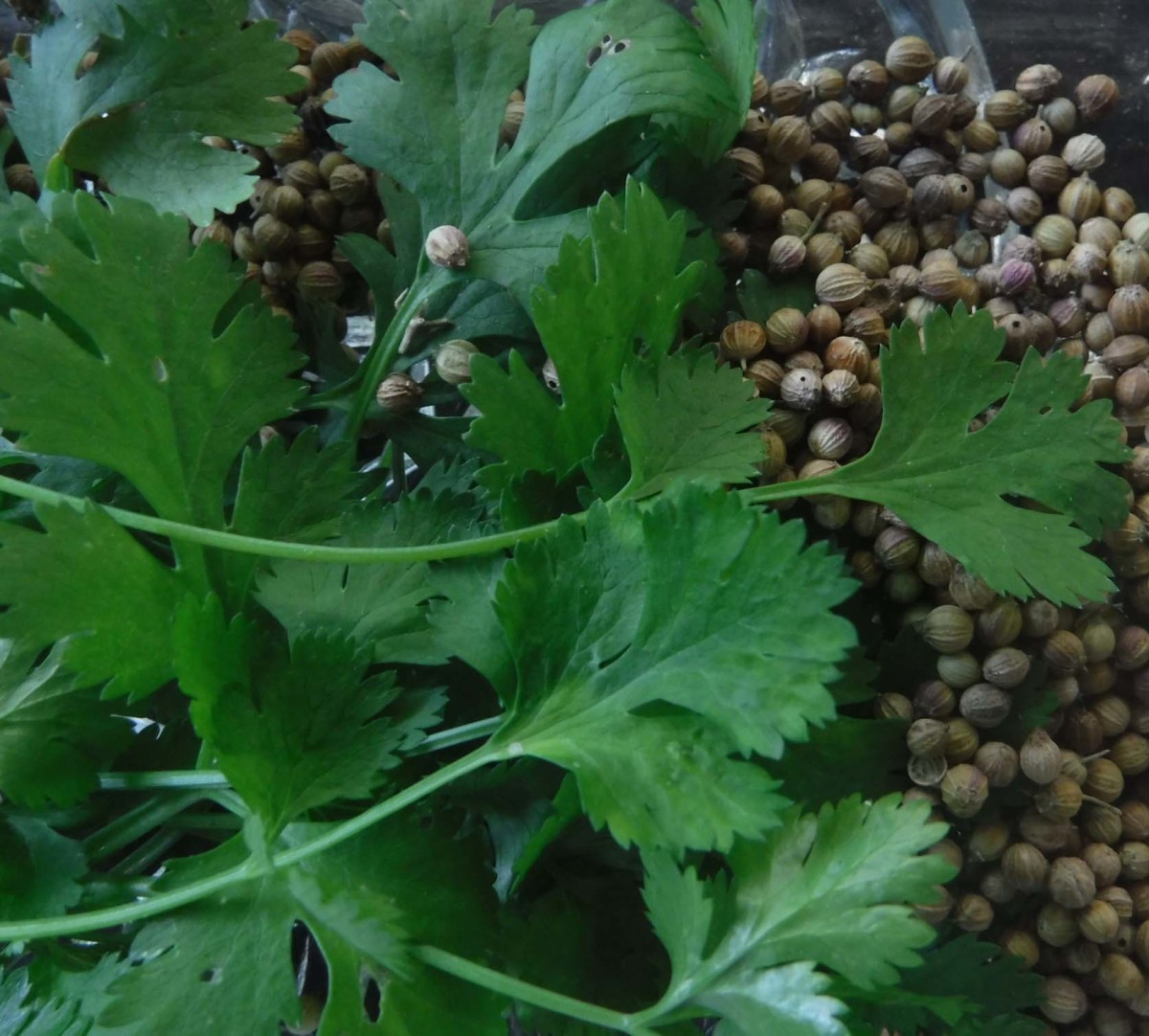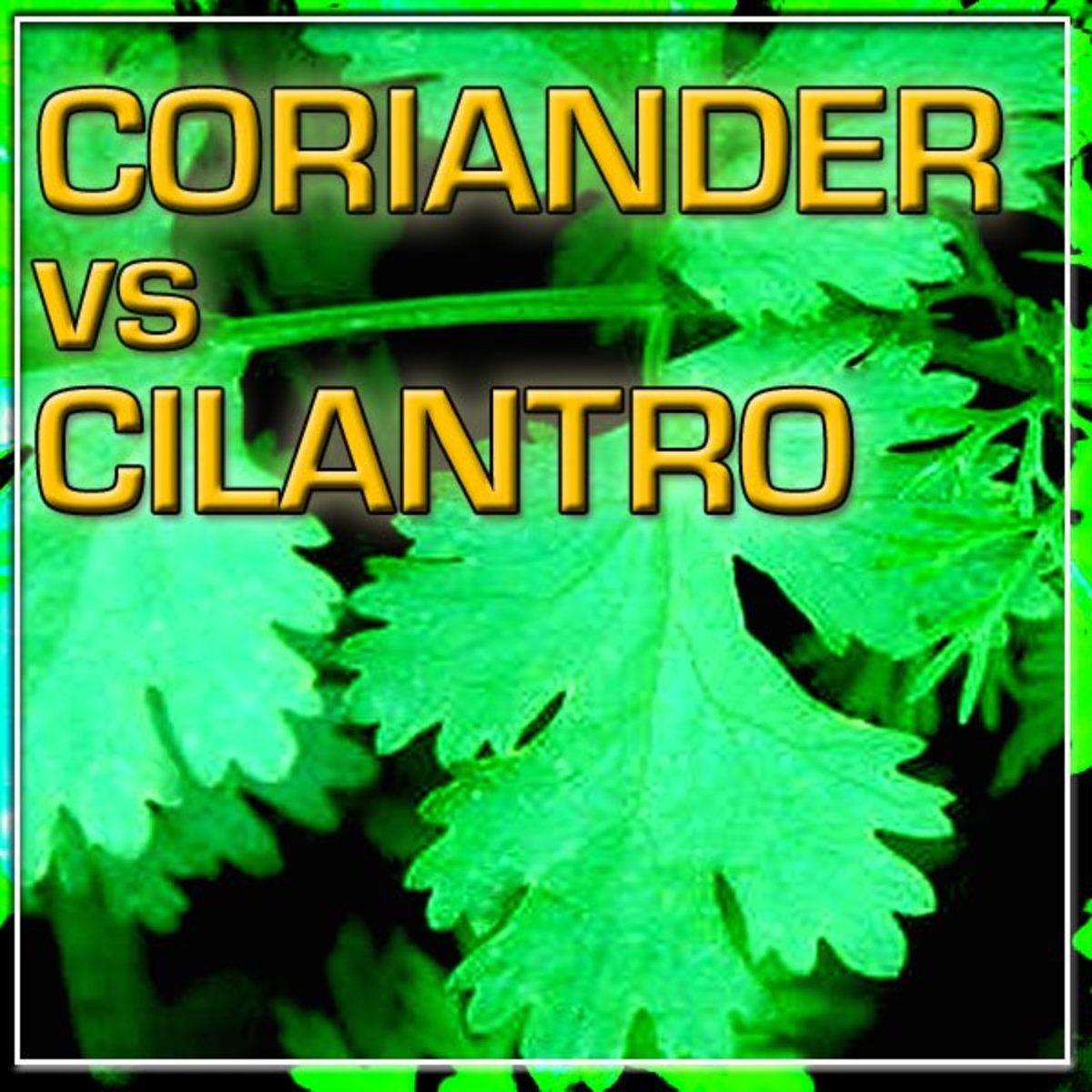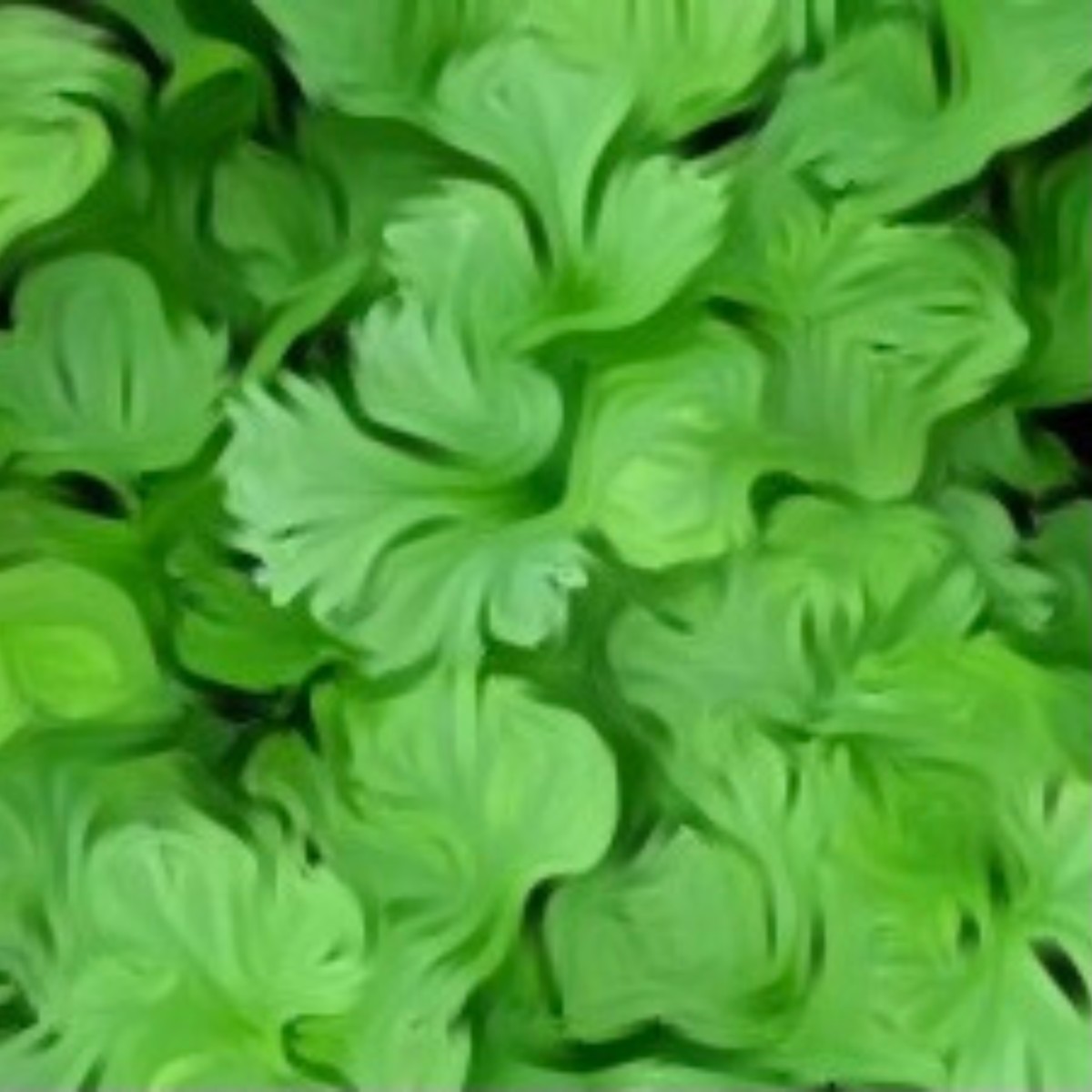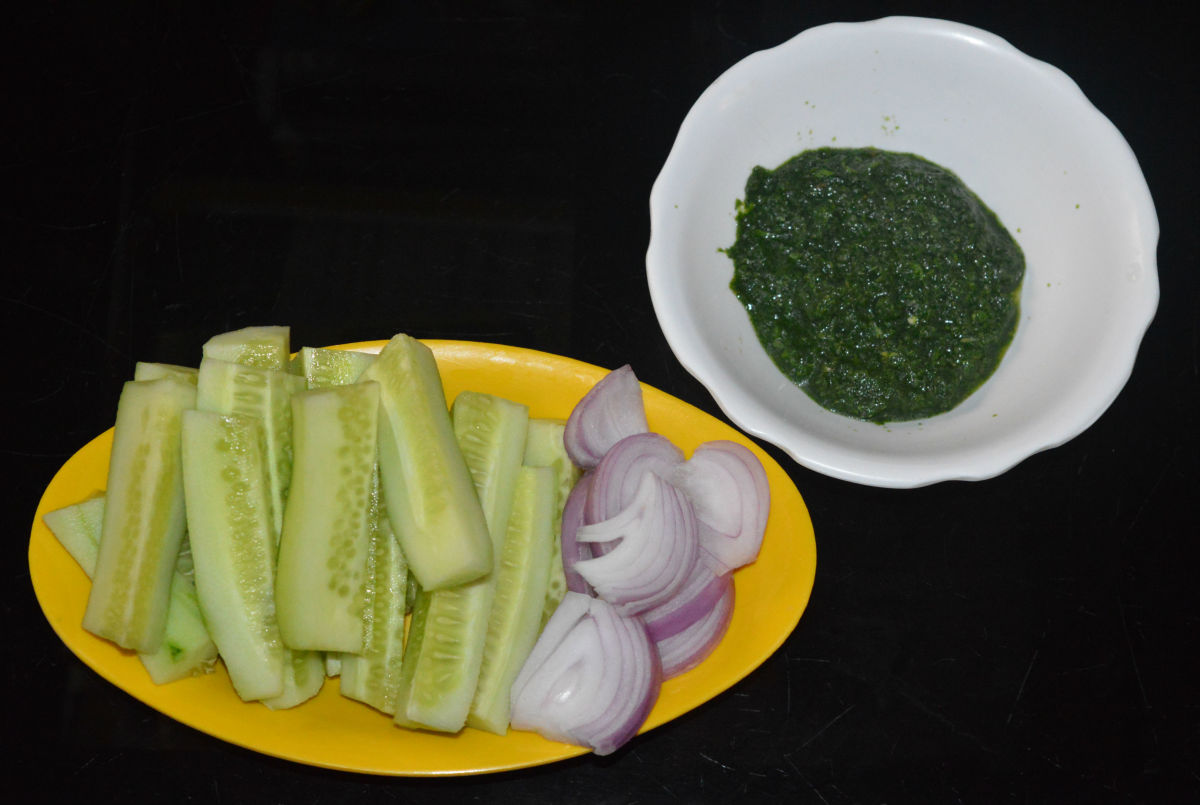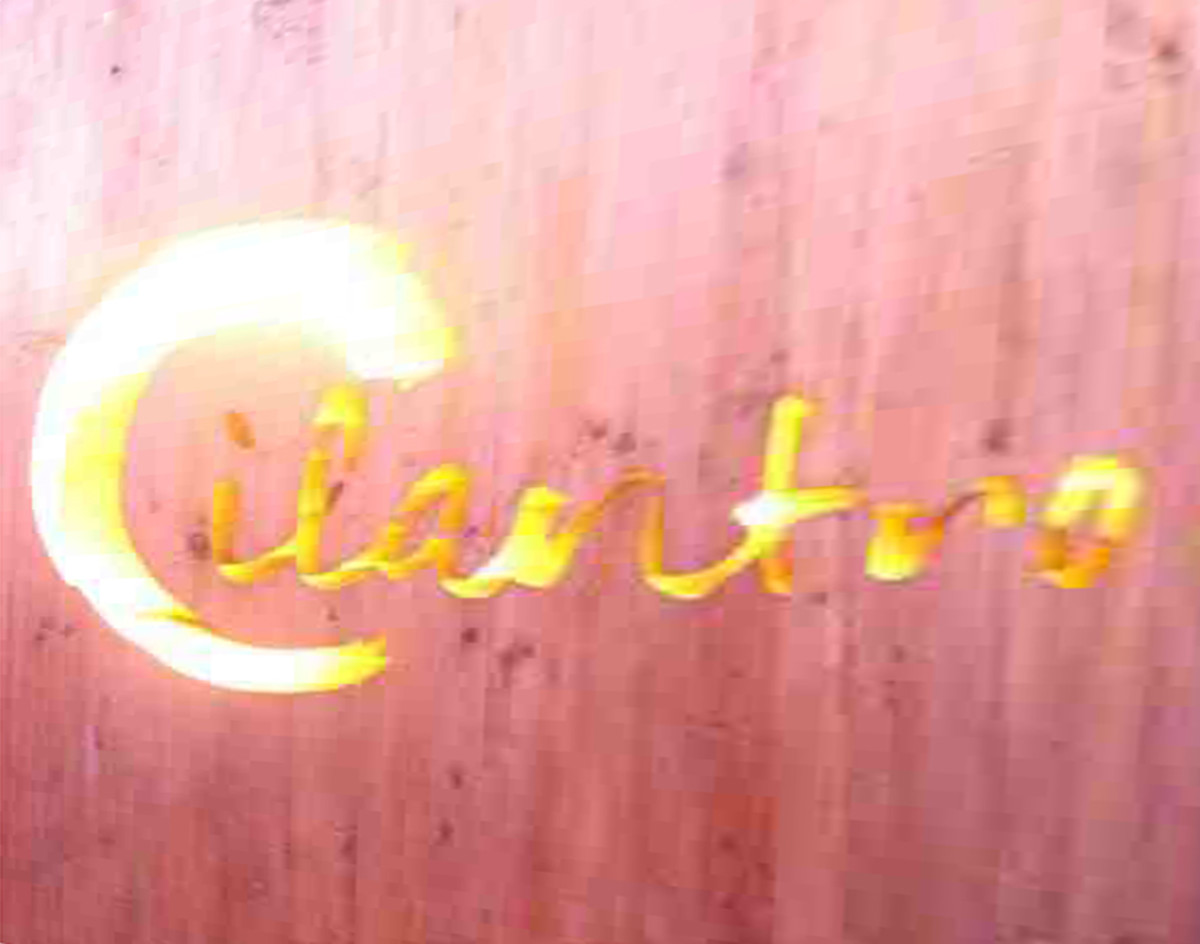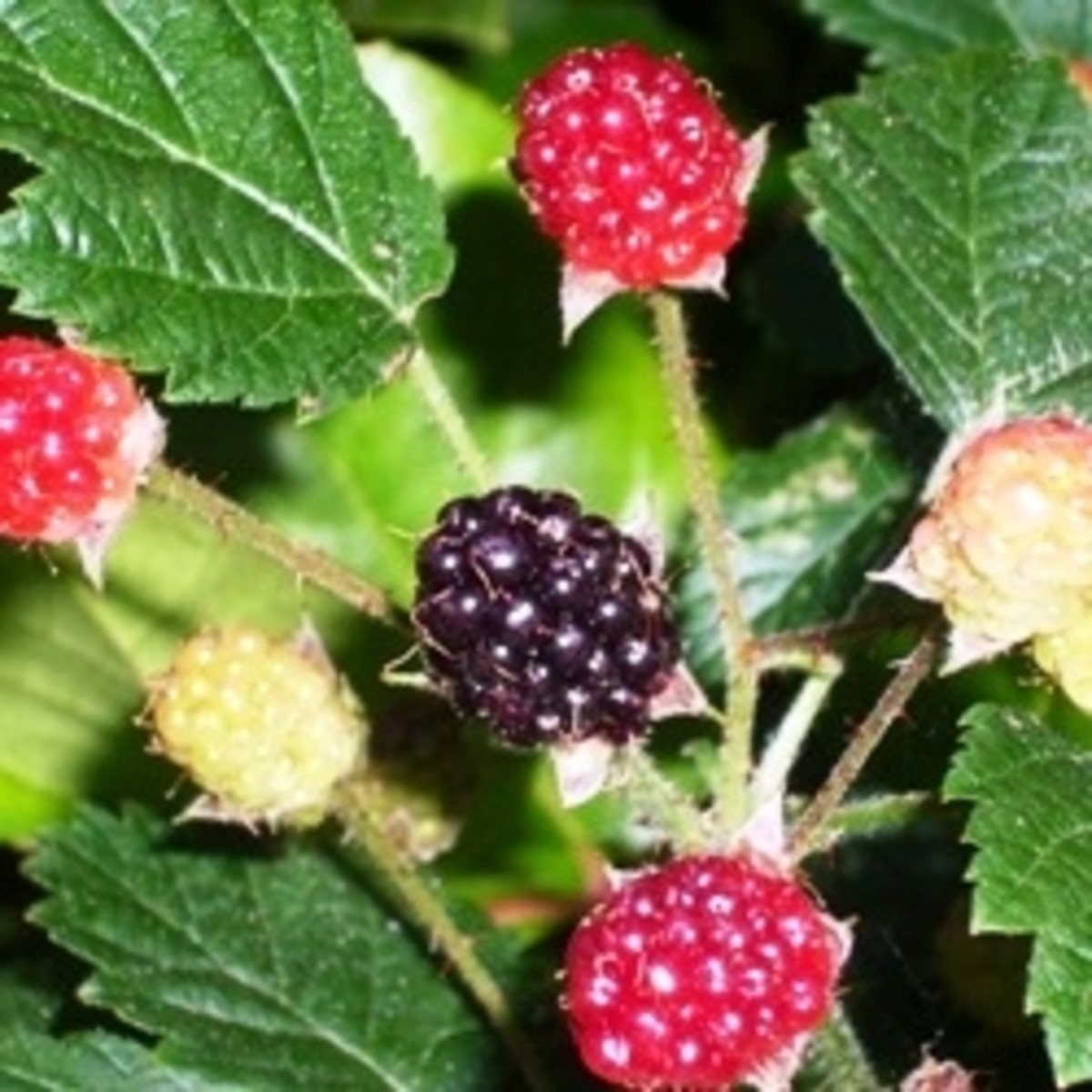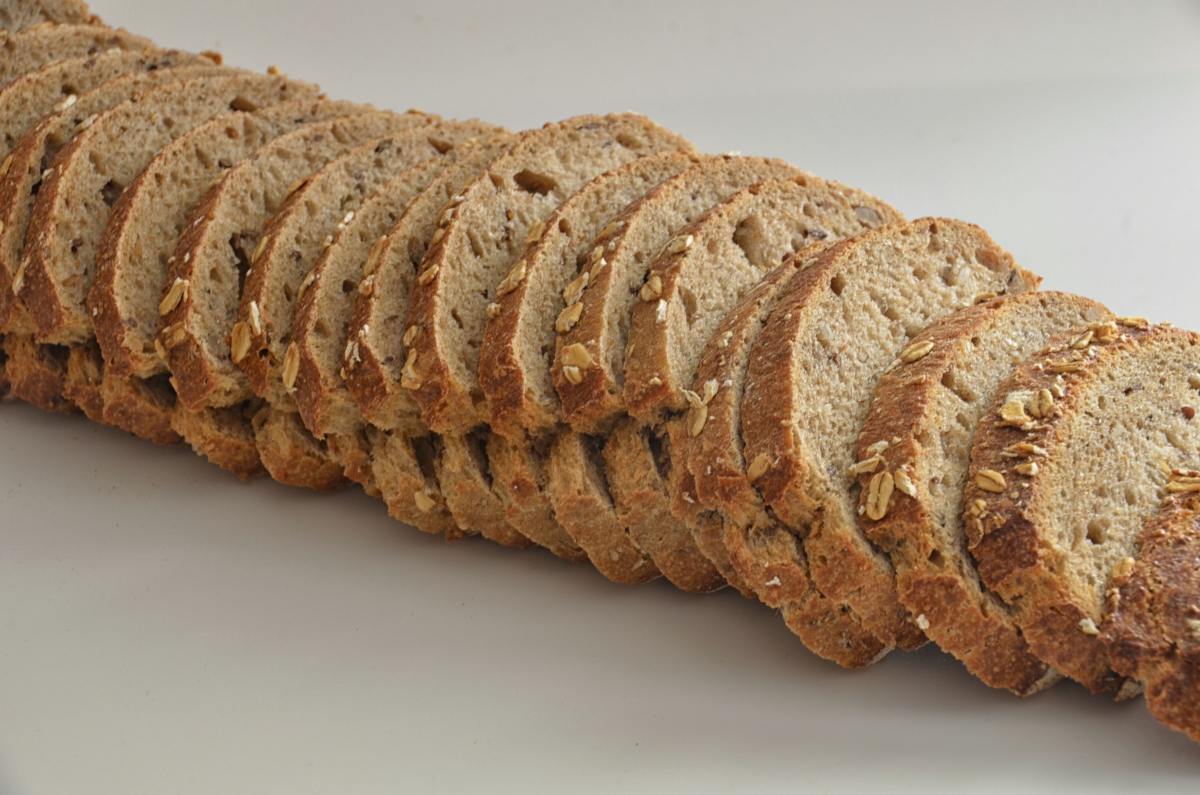Cilantro vs. coriander; chips or fries, cupcake or fairy cake?
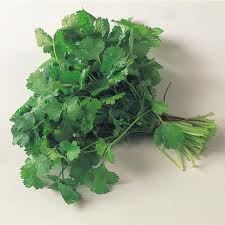
My husband was making an Asian salad and asked me what cilantro was. I had no idea. A quick Google search revealed that this was another word for what we would call coriander in the UK. This got me thinking about how many different terms are used in the English-speaking world for the same ingredients/food items. In this example, cilantro is the spanish word and this is probably used in North America owing to the popularity of Mexican food. To make it more confusing this herb is sometimes referred to as Chinese Parsley.
Some of the terms where there are discrepancies are fairly commonly known. For example courgette, as used by Brits and French speakers (as it's from the French), versus zucchini, which is used by North Americans and is Italian in origin; and eggplant versus aubergine, again where the latter is used by people in the UK and comes from French.
However, what about the less common ones, which may leave you scratching your head when you come across them in a cookery book...
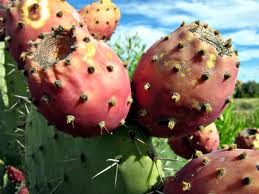
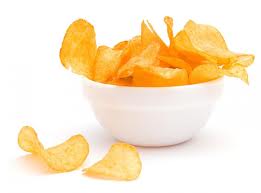
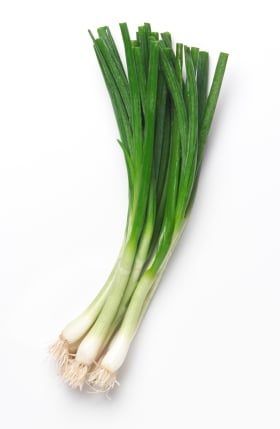
Snow peas v mangetout - both snow peas and snap peas can be referred to as mangetout, which is French and literally means 'eat all'. Indeed it's a variety of pea that can be eaten whole in its pod.
Kiwifruit (kiwi) v Chinese gooseberry - the lesser known term Chinese gooseberry is what the kiwi or kiwifruit was known as before a rebrand by San Francisco fruit importers Ziel Company. Kiwifruit's name
Prickly pear v Indian fig - English-speakers seem to use these two terms in equal measure. It is also known as opuntia and barbary fig.
Swede v rutabaga - hailing from England, I had NEVER heard of the word rutabaga! Americans and Canadians use this term and the word itself actually derives from an old Swedish word. Australians and New Zealanders, like the English and Welsh say swede. However the Scots often refer to them as 'neeps' and in the North East of England you may even hear the word snadger, though I doubt this would be found in many cookbooks!
Spring onions v salad onions v scallions - A quick Google reveals that this little onion with the long green leaves (pictured) has many names, some I have come across including: scallion, green onion, spring onion and salad onion; and quite a few I haven't: green shallot, onion stick, long onion, baby onion, precious onion, yard onion, gibbon and syboe (Scottish). In the UK, they are referred to as spring onions and salad onions interchangeably.
Crisps v potato chips - this snack of crunchy deep fried (or baked) potato slice is almost unanimously known as chips in the English-speaking world. It appears that the Brits and Irish are alone in referring to them as crisps.
Chips v fries - confusingly, to a British English speaker, chips are what Americans would call fries. However, the traditional British chunky 'chip' doesn't seem to exist in the States. In the UK, we often have the option of fries or chips when it comes to an accompaniment to a steak.
The rise of the cupcake
- BBC NEWS | UK | Magazine | The cupcake revival
After Carrie Bradshaw bit into a pastel-coloured cupcake on Sex and the City, it wasn't long before exquisitely frosted fondants appeared on high streets around the world. What is it about these pretty little cakes?


The sweet stuff
Sweet items seem to throw up just as many differences.
Fairy cake v cupcake - Fairy cakes are not well known outside of the UK. They are a lot smaller, tend to be more delicate and have a lot less icing than the ubiquitous cupcake, and are more associated with being a child's treat. Thanks to Carrie Bradshaw in Sex and the City, the cupcake has had a meteoric rise and fairy cakes have fallen out of fashion.
Candy v sweets - Northern Americans say candy; Brits, The Irish, South African's and others from the Commonwealth say sweets. Australians and New Zealanders call this type of confectionary lollies. Incidentally, US candy bars are chocolate bars in the UK.
Frosting v icing - The same thing; it goes on top of your cakes. Frosting is the American, icing is the British English and appears to be the term used in other English-speaking countries. However, frosting seems to be becoming a more common term outside of the US.
Cookies v biscuits - A 'biscuit' in the UK and Australia would be a cookie to an American English speaker. A savoury biscuit (as in the accompaniment for your cheese) would be a cracker in the US.
Scones v biscuits - An absolute minefield! On the surface they seem to be comparable. However, there doesn't seem to be a true definition for either and every region seems to have a variation. In the UK it is a quick bread, which forms part of a cream tea.
Now we just have to work out if the measurements are imperial or metric...


